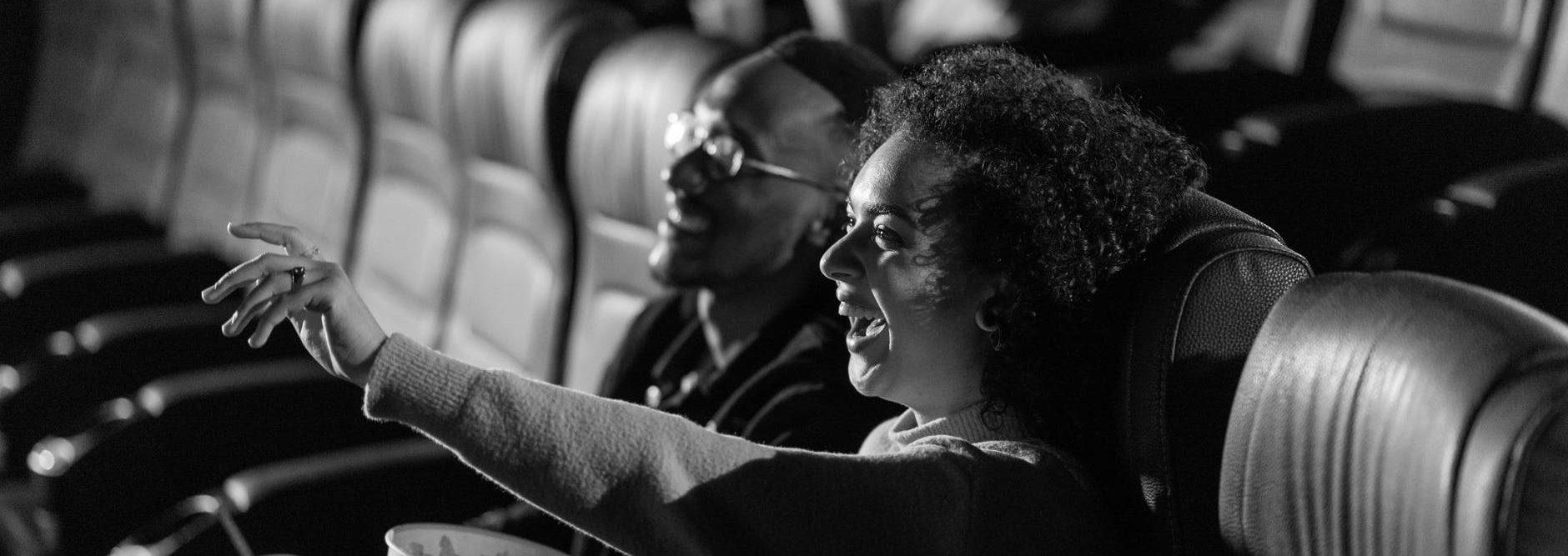Comedy is what most of us appreciate—especially when it is clean. But finding clean comedy can sometimes seem like the proverbial needle in a haystack. We wonder, why do many comedians like it dirty? And how do others manage to keep humor above the belt? I posed these questions to Kenneth Kimuli, a.k.a Pablo, a famed Ugandan stand-up comedian. In this article, Pablo narrates how he manages to keep his comedy clean in a dirty comedy world.
A famous English actor, writer, and filmmaker, Peter Ustinov, concluded that “Comedy is simply a funny way of being serious.” I could not agree more. Comedy is a subtle and lighter way of addressing serious issues. Comedy reflects the views, values, attitudes, culture, and moral fiber of society.
As a standup comedian, I always ask myself what is in the joke for the final consumer. Is laughter the end? Or is it education and value addition? Or even—and most importantly,— the glory of God?
Keeping Jokes Above the Belt
The beauty of comedy concerns how the comedian can quickly get away with everything. This getting away, of course, depends on one’s delivery. But politicians could soon be arrested for saying what comedians say because people do not take politicians lightly—as they do comedians.
Unfortunately, comedians often take their privileged platform for granted, repeatedly abusing it. Rather than use comedy to educate and edify, we could uninvitedly invade people’s privacy. Our language can be vulgarized and packed with obscenities, considering that to be the best way to crack up revelers.
Though such antics may pay off in the short-run (depending on the target audience), it compromises the comedian’s growth and impact. People find it hard to vouch, endorse, or second you for an opening.
I have been privileged to perform on several stages, both locally and internationally. I have shared the stage with several established comedians, and every experience has always been different.
But I remain, personally, a big advocate for jokes above the belt. I believe there is more to laugh at above than below the belt. I prefer jokes that evoke conversations and better people’s livelihood.
But perhaps I owe my mindset to my no-nonsense family that raised me. It would not accept any slight vulgarity, obscenity, or swearing. And those who attempted such would experience the power of the cane. The Bible was foundational to life at home.
The Bible’s Caution to Comedy
One wonders whether the Bible has anything to say about comedy or ‘jokes.’ Now, if you are tempted to say ‘nothing,’ I invite you to consider a caution on comedy from Proverbs 26:18-19. “Like a madman who throws firebrands, arrows, and death is the man who deceives his neighbor and says, “I am only joking!””
Note how commonly people pass over their sinful jests by claiming they are joking. They ignore their words’ emotional implications on others. But also note the connection between jokes and deception—to which we shall return.
Ephesians 5:4 urges us to “Let there be no filthiness nor foolish talk nor crude joking, which are out of place, but instead let there be thanksgiving.” Note the mention of “crude joking” in that text too.
From these texts, we see that the comedian should watch his tongue. As Proverbs 10:19 insists, “Too much talk leads to sin, be sensible and keep your mouth shut.” Because comedy is a game of words and the comedian is a wordsmith, the comedian must watch what they say and how they say it and how much they speak.
Jesus states the same in Mathew 12:34 where he teaches that our mouth mirrors our heart. Everything you say is a manifestation of what lies in your heart.
From a logical point of view, therefore, it is better to think through a joke and ask yourself a few questions before sharing it. Will it offend anyone? Will it invade someone’s privacy? Will it build goodwill and better friendship? Can the listener freely share it with someone else? Is it believable? These, among others, are what have kept me going clean in this dirty comic world.
Clean Comedy Glorifies God
That said, there is plenty of clean comedy that fits the guidelines of Philippians 4:8, comedy that concerns truth. We noted in Proverbs 26:18-19 the danger of deceptive jests. And it is possible to lose the truth when joking.
But I find the truth to be the funniest thing. I notice how people easily relate and identify with whatever is true. Things that we experience in our everyday activities are fodder for humor.
But truth also concerns God. And as comedians, we glorify God when we share the lighter side of truth truthfully and cleanly. Such comedy that does not dishonor God is enjoyable. We bring glory to God when we enjoy the funny things of life with thanksgiving to God. Joy with gratitude honors God.
Think of Psalm 126:1–2, “When the Lord restored the fortunes of Zion, we were like those who dream. Then our mouth was filled with laughter.” This text describes laughter and joy as products of God’s goodness. If we think of it, the comedian should display God’s goodness even in the hardships of life, so that many may be thankful to God through laughter.
And when we gratefully laugh, we will discover with Proverbs 17:22 that “A joyful heart is a good medicine.”
Therefore, comedy is meant to be a celebration of thanksgiving to God. It should heal the soul and refresh the mind. Laughter is a verbal therapeutic massage of the mind. Comedy is a higher call to educate and inform people in the process of entertaining them. But it is a call to look to God who gives us all things freely to enjoy—all things, including laughter.
To watch Pablo’s comedy, visit his YouTube Chanel.
Photo Credit: Pavel Danilyuk, Pexels

